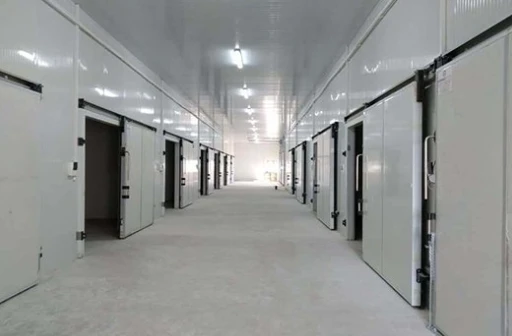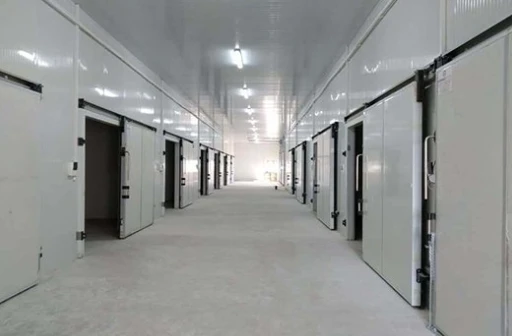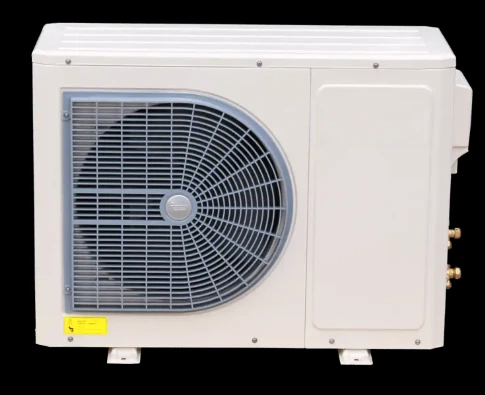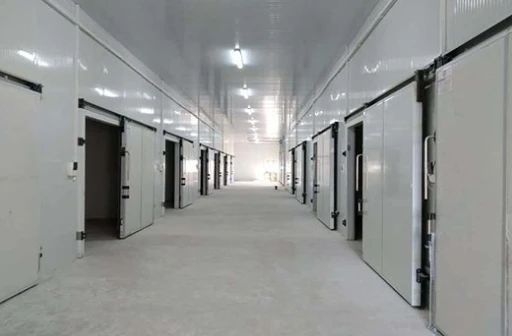The Role of Modern Ice Machines in Food, Beverage, and Industrial Applications
Ice production technology has evolved significantly over the past few decades, moving from small-scale manual operations to advanced, fully automated ice systems capable of supporting global industries. Whether it is for restaurants, hospitals, supermarkets, or seafood export facilities, the demand for high-quality ice is constant. With the increasing need for freshness, preservation, and consumer experience, ice equipment has become one of the most critical investments across multiple sectors.
Exploring the Growing Demand for the Ice Making Machine for Sale
When businesses search for an ice making machine for sale, they often prioritize reliability, production capacity, and energy efficiency. The global demand for ice production has been fueled by food service growth, healthcare needs, and industrial supply chains. A reliable ice maker ensures uninterrupted operations for restaurants during peak dining hours, provides hospitals with the sterile ice needed for patient care, and delivers bulk production for fisheries and logistics.
The decision to purchase an ice making machine for sale also involves considering long-term value. Buyers analyze operational costs, water consumption, compressor efficiency, and durability. Smart buyers understand that the cheapest model may not always be the most cost-effective in the long run. Instead, investing in a high-quality machine with a proven track record reduces downtime, saves electricity, and guarantees consistent ice quality.
Understanding the Technology Behind the Modern Ice Machine
The term ice machine refers to a wide range of devices designed to produce ice in different shapes, textures, and sizes. The technology combines refrigeration systems, water filtration, evaporators, and automated cutting mechanisms. Over the years, the evolution of ice machine design has allowed greater control of temperature, water purity, and ice shape customization.
For example, some machines are designed to produce clear, crystal-like ice cubes for premium beverages, while others specialize in flake ice that is ideal for seafood displays. Medical-grade ice machines are engineered to meet hygienic standards, ensuring that ice remains free from contaminants.
Another critical aspect of the ice machine market is the development of energy-efficient compressors and smart control panels. IoT-enabled ice machines now allow remote monitoring of performance, predictive maintenance alerts, and optimization of water usage, significantly reducing operational costs.
The Importance of the Commercial Ice Machine for Food and Beverage Industries
A commercial ice machine is a vital asset for restaurants, cafes, bars, hotels, and supermarkets. In these environments, the ability to produce ice quickly and reliably is directly linked to customer satisfaction. For instance, in restaurants and bars, a shortage of ice during peak hours can lead to poor service, dissatisfied customers, and lost revenue.
Supermarkets and grocery stores rely heavily on commercial ice machines to keep products fresh, particularly in seafood and produce sections. Hotels require ice dispensers on multiple floors to meet guest expectations, while hospitals depend on commercial ice machines to deliver clean, medical-grade ice for treatment and recovery.
Today’s commercial ice machines are designed with compact footprints, making them suitable for businesses with limited space. Their energy-efficient compressors, quiet operation, and modular designs allow for scalability as business demands grow.
Unique Features of the Nugget Ice Machine and Why Consumers Love It
The nugget ice machine has gained immense popularity in both the commercial and residential markets. Nugget ice, also known as chewable or “Sonic-style” ice, is softer, porous, and absorbs flavors more effectively than standard cubes. This makes it the ice of choice for smoothie shops, healthcare facilities, and fast-food restaurants.
Healthcare institutions particularly prefer the nugget ice machine because patients find nugget ice easier to chew and more pleasant to consume. In beverage retail, nugget ice enhances the overall drinking experience by blending well with sodas, juices, and cocktails.
Technological innovations have also improved the efficiency of the nugget ice machine. Modern designs reduce water waste, recycle meltwater, and include self-cleaning systems that minimize labor and ensure hygiene. The popularity of nugget ice has also led to increased demand in the residential sector, where small countertop nugget ice makers are becoming common.
The Role of the Industrial Ice Machine in Large-Scale Applications
For large-scale operations such as fisheries, meat processing plants, chemical industries, and logistics, the industrial ice machine is indispensable. Unlike small or commercial units, these machines are built for heavy-duty, continuous operation. An industrial ice machine can produce several tons of ice per day, ensuring a steady supply for cooling and preservation needs.
One of the key applications of the industrial ice machine is in the seafood industry. Freshly caught fish must be chilled immediately to maintain quality for transportation and export. Industrial machines producing flake ice or slurry ice are ideal for this purpose, as they provide maximum surface contact and quick cooling.
Other industries, such as concrete production, also utilize the industrial ice machine. Ice is mixed into concrete during hot weather to regulate curing temperatures, ensuring structural integrity. In chemical industries, large-scale ice is used for process cooling, making the industrial ice machine a versatile tool across multiple sectors.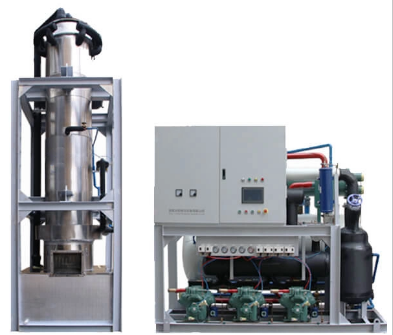
Modern ice equipment is no longer just about freezing water. The integration of automation and IoT has revolutionized how ice machines are managed. Remote monitoring enables operators to check production status, water levels, and energy consumption in real time. Predictive maintenance powered by artificial intelligence allows problems to be detected before breakdowns occur, saving businesses from costly downtime.
Sustainability is another driving factor in the ice machine industry. Manufacturers are increasingly designing energy-efficient compressors, eco-friendly refrigerants, and water recycling systems. This ensures that businesses not only reduce operational costs but also meet environmental regulations and contribute to carbon reduction goals.
Industrial Ice Machine FAQS
What factors should I consider when buying an ice making machine for sale?
Consider production capacity, energy efficiency, water usage, reliability, and after-sales service.
How does a modern ice machine ensure hygiene?
Through filtration systems, self-cleaning functions, and stainless-steel construction that prevents bacterial contamination.
What makes a commercial ice machine different from a standard home ice maker?
A commercial ice machine is designed for higher output, continuous operation, and durability to meet business demands.
Why is the nugget ice machine so popular?
Because nugget ice is soft, chewable, and absorbs flavors better, making it perfect for beverages and healthcare needs.
What industries benefit most from an industrial ice machine?
Seafood, meat processing, concrete production, and chemical industries rely heavily on industrial-scale ice machines.



